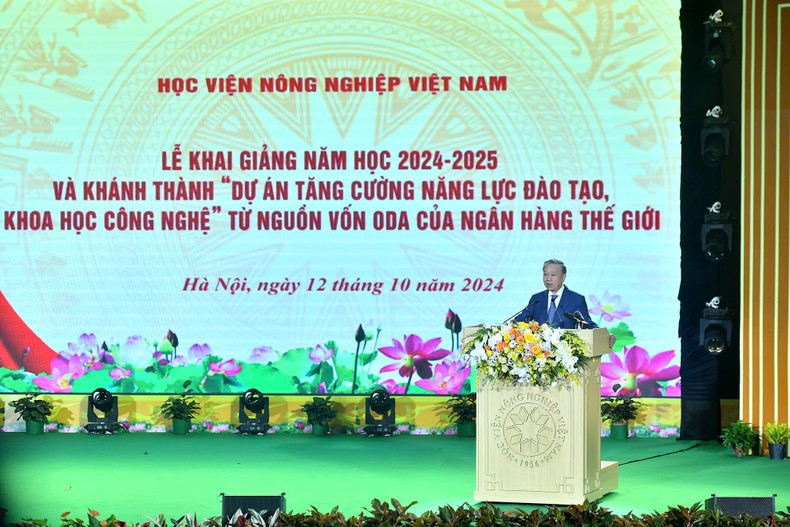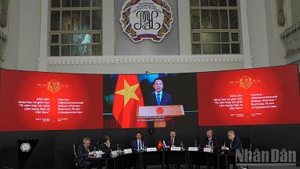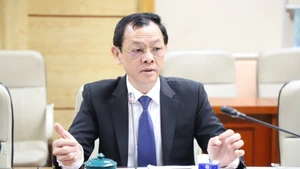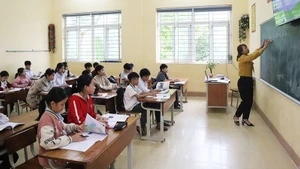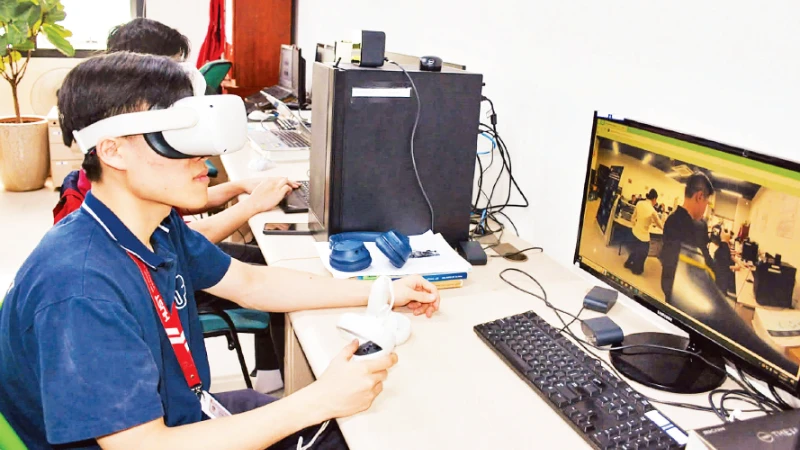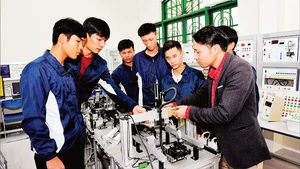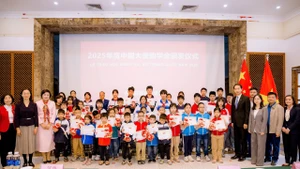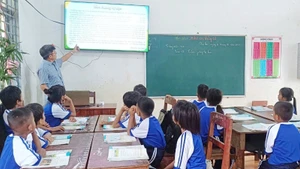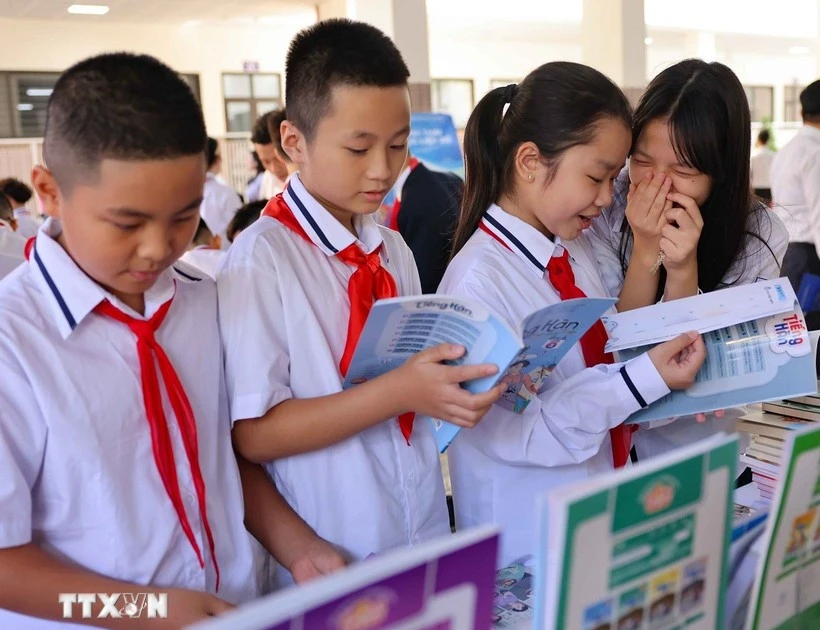Addressing the event, Lam emphasised that the Vietnamese Party and State have always placed special importance on agricultural development. Notably, over the past nearly 40 years of renewal, Vietnam's agriculture has seen significant growth in both scale and production levels, affirming its crucial role as a pillar of the economy. The sector not only ensures national food security but also exports leading agricultural products to other countries, with many of them contributing to Vietnam's reputation on the international stage.
He requested the agricultural sector in general and the VNUA in particular to clearly identify their roles and responsibilities in order to continually innovate and strive to advance robustly to keep pace with the times, thus contributing to the building of a prosperous, civilised, and happy nation.
Research at the university should contribute to the goal of building “ecological agriculture, modern rural areas, and civilised farmers;" and focus on developing smart agriculture that adapts to climate change, promotes green growth, and achieves high added value, comparable to advanced countries around the world, Lam stressed.
The top leader urged the Ministry of Agriculture and Rural Development and the Ministry of Science and Technology to create the best conditions for the university to actively participate in scientific and technological programmes, firstly those involved in new-style rural area building, climate change adaptation, and low emissions.
He expressed his belief that the VNUA, with its 68-year tradition, will continue to achieve even more outstanding accomplishments, and innovate itself to deserve a leading centre for training, scientific research, and startup in Vietnam, and contribute more to the development of Vietnam's agriculture during this robust digital transformation, and effectively serve the country's industrialisation and modernisation efforts.
Established on October 12, 1956, the VNUA is currently training over 26,000 students. It has engaged in cooperative relations with around 120 universities and research institutes in 25 countries around the world.
